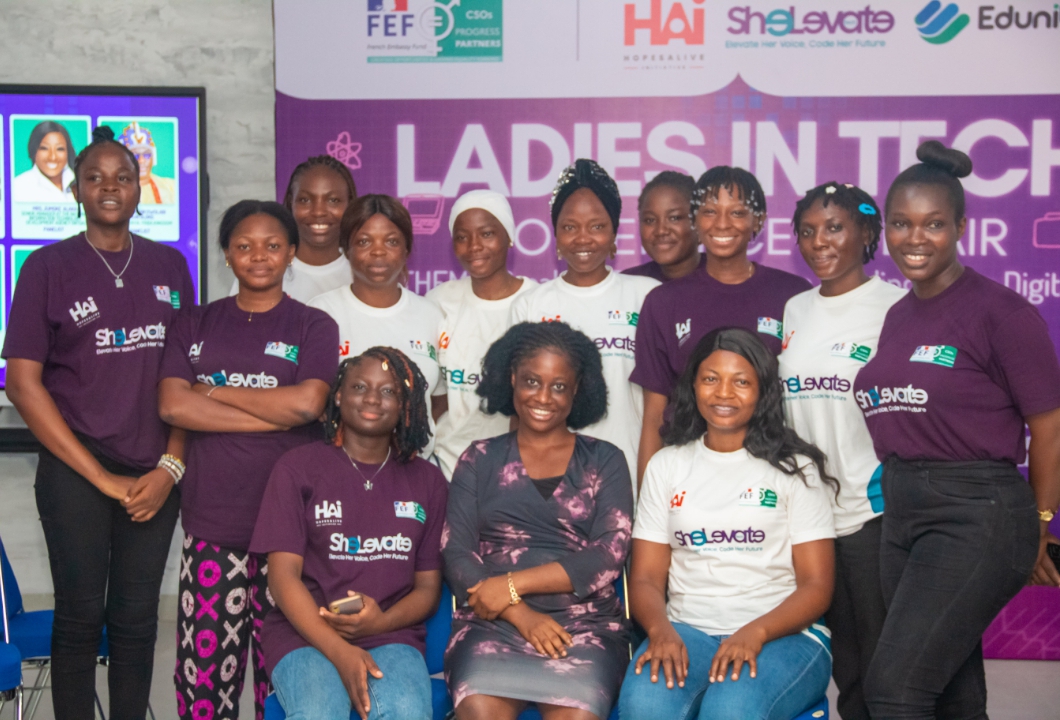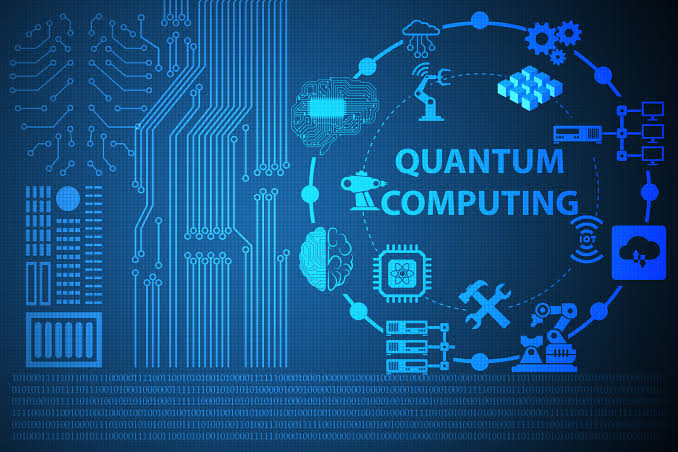Cross River: Why The Incoming Administration Should Consider Transitioning “Ministry Of ICT” To “Ministry of Technology & Digital Economy”
Posted on May 2, 2023

Digital economy refers to the use of information technology to create or adapt, market, or consume goods and services. Digital banking, e-commerce, virtual education, smartphone apps, social networking platforms such as Trenchat.com, and collaborative platforms are examples of digital innovations.
The young Nigerian web developer working on Trenchat.com, my social media platform, earns about $5,000 per month. The tech sector has a huge shortage of workers despite a high general unemployment rate.
The few “qualified” Nigerian developers have almost all either left Nigeria for another country, either freelancing or working remotely for international companies.
Given that many of our youth don’t want to go in the agricultural or vocational sectors, a significant portion of them should be gainfully engaged in the digital ecosystems if we are sincere, serious about job creation. Youth unrest and unemployment can be greatly reduced by technology.
We can take advantage of Elon Musk’s Starlink satellite Internet constellation operated by SpaceX, which has recently been made available in Nigeria, the ongoing rollout of the 5G Internet connection across major cities of Nigeria as well as the growing role of Artificial Intelligence (AI) which present tremendous opportunities for economic development, and create hundreds of thousands of jobs for the Nigerian Youth.
In Cross River State, the incoming administration should consider consolidating on existing infrastructures and facilities such as the very large and highly conducive Tinapa Knowledge City in Calabar Municipal LGA and the recently completed ultramodern Teachers Training institute built by the Ayade Administration in my LGA of Biase, which is currently underutilised, as tech training centres.
These facilities have the ideal environment and potential to become Nigeria’s top technology incubator and our own version of Silicon Valley, where early-stage technology startups can be fostered while also producing a large number of jobs for our teeming youths, both graduates and secondary school leavers alike.
You might find it interesting to know that the tech sector is one of the few professions that doesn’t push a dichotomy between graduates and nongraduates. This is because a huge portion of our youths without a university degree are well-suited to the tech industry, where you are hired and rewarded based on your level of creativity and problem-solving skills.

A Minstry of Technology and Digital Economy will be responsible for designing, implementing, deploying, monitoring, and evaluating ICT-related policies and programmes in the state, with a vision to use information and communication technology as an engine to improve the quality of life of the Cross Riverians’ economic well-being through sustainable knowledge-based development of the economy and the state to leapfrog in the future.
The ministry will also employ technology as an engine for sustainable development; enhance quality of educational delivery, create wealth, poverty eradication, and digital literacy for global competitiveness.
*Philip Obin,*
Technical Assistant to the Vice President of Nigeria on New Media.
















